Home>Garden Essentials>What Seeds Can Chickens Eat
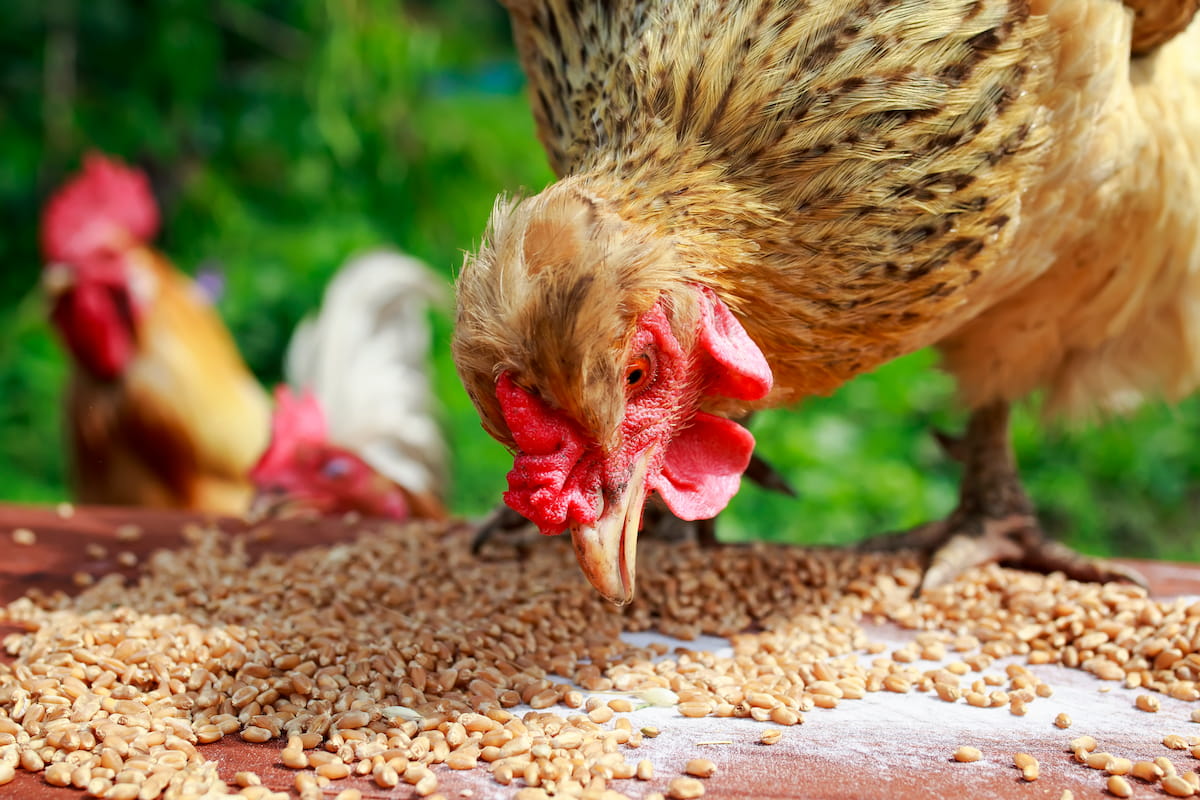

Garden Essentials
What Seeds Can Chickens Eat
Modified: March 24, 2024
Discover the best garden seeds that chickens can eat to enhance their nutrition and health. Find out what types of seeds are safe and beneficial for your feathered friends.
(Many of the links in this article redirect to a specific reviewed product. Your purchase of these products through affiliate links helps to generate commission for Storables.com, at no extra cost. Learn more)
Introduction
Welcome to the exciting world of chicken nutrition! As a chicken owner, you want to ensure that your feathered friends are getting a well-balanced diet to keep them healthy and happy. While chickens primarily feed on a combination of grains, vegetables, and insects, seeds can also be a nutritious addition to their diet.
Seeds are a great source of essential nutrients, including protein, healthy fats, vitamins, minerals, and fiber. They can provide energy, aid in digestion, promote feather growth, and support overall immune function in chickens. However, not all seeds are suitable for chickens, so it’s important to know which seeds are safe and beneficial for them to consume.
In this article, we will explore the common seeds that chickens can eat, their nutritional benefits, seeds to avoid feeding them, guidelines for incorporating seeds into their diet, and some helpful tips for optimal chicken health. So, let’s dive in and learn about the fascinating world of seeds for chickens!
Key Takeaways:
- Seeds like sunflower, pumpkin, and sesame offer chickens essential nutrients like protein, healthy fats, vitamins, and minerals, supporting their overall health, immune function, feather growth, and egg quality.
- While seeds can be a nutritious addition to a chicken’s diet, it’s important to feed them in moderation and as part of a balanced diet, ensuring they receive a wide range of nutrients for optimal health.
Read more: What Seeds Can Budgies Eat
Common Seeds Fed to Chickens
Chickens can enjoy a variety of seeds as part of their diet. These seeds not only add diversity to their meals but also offer a range of nutritional benefits. Here are some common seeds that are safe and beneficial for chickens:
- Corn: Corn is a staple in many chicken feeds and can be fed as whole kernels or cracked corn. It is high in carbohydrates and provides energy to chickens. Whole kernels can be given as a treat, while cracked corn can be mixed with their regular feed.
- Sunflower Seeds: Sunflower seeds are a favorite among chickens. They are rich in protein, healthy fats, and vitamins, particularly vitamin E. Sunflower seeds can be given as a treat or added to their feed in moderation.
- Pumpkin Seeds: Pumpkin seeds are packed with essential minerals like zinc, magnesium, and iron. They are also a good source of protein. Dried pumpkin seeds, either whole or ground, can be added to their diet for an extra nutrient boost.
- Sesame Seeds: Sesame seeds contain calcium, which is vital for strong eggshells. They also provide protein and healthy fats. Sprinkle a small amount of sesame seeds on their feed occasionally to promote optimal calcium intake.
- Flaxseeds: Flaxseeds are a rich source of omega-3 fatty acids and fiber. They can support healthy digestion and improve the quality of eggs. However, it’s best to grind the flaxseeds before feeding them to chickens to maximize their nutritional value.
- Millet: Millet is a small, round seed that is easily consumed by chickens. It is high in carbohydrates and provides energy. Millet can be added to their regular feed or scattered on the ground as a foraging activity.
When offering seeds to your chickens, it’s important to do so in moderation. Seeds should only constitute a small percentage of their overall diet and should not replace the balanced chicken feed. Additionally, always make sure the seeds are fresh, clean, and free from any mold or contaminants.
Nutritional Benefits of Seeds for Chickens
Seeds are not only tasty treats for chickens, but they also offer a range of nutritional benefits. Adding seeds to your chickens’ diet can provide them with essential nutrients that contribute to their overall health and well-being. Here are some key nutritional benefits of feeding seeds to chickens:
- Protein: Seeds, such as sunflower seeds and flaxseeds, are excellent sources of protein. Protein is crucial for muscle development, feather growth, and overall body repair in chickens. It supports their immune system and helps them maintain optimal health.
- Healthy Fats: Many seeds are rich in healthy fats, including omega-3 fatty acids. These fats help promote healthy skin and feathers, improve egg quality, and support brain function in chickens. Sunflower seeds and flaxseeds are particularly high in omega-3 fatty acids.
- Vitamins: Different seeds offer various vitamins that are beneficial to chickens. Sunflower seeds, for example, are a good source of vitamin E, which acts as an antioxidant and promotes healthy cells. Sesame seeds contain vitamin B6, which supports the nervous system, while flaxseeds provide vitamin B1 and B6.
- Minerals: Seeds, such as pumpkin seeds and sesame seeds, are rich in minerals like zinc, magnesium, and iron. These minerals play a vital role in supporting bone health, promoting eggshell strength, and aiding in proper growth and development of chickens.
- Fiber: Flaxseeds and pumpkin seeds are high in fiber, which aids in digestion and encourages a healthy gut in chickens. Fiber helps regulate bowel movements and can prevent digestive issues like constipation.
By incorporating a variety of seeds into your chickens’ diet, you can ensure that they receive a well-rounded nutritional profile. Remember, seeds should always be given in moderation and as part of a balanced diet that includes a mixture of grains, vegetables, and protein-based feed.
It’s important to note that while seeds offer nutritional benefits, they should not be the sole focus of your chicken’s diet. A diverse diet that includes a combination of seeds, grains, and vegetables will provide your chickens with a wide range of nutrients for optimal health.
Seeds to Avoid Feeding Chickens
While seeds can be a nutritious addition to your chickens’ diet, there are some seeds that should be avoided. These seeds may either be toxic to chickens or have adverse effects on their health. It’s essential to be aware of these seeds and ensure they are not included in your chickens’ feed. Here are some seeds to avoid feeding chickens:
- Avocado Seeds: Avocado seeds contain a substance called persin, which is toxic to chickens. Avoid feeding them avocado seeds or any part of the avocado fruit.
- Apple Seeds: Apple seeds contain a small amount of cyanide, which can be harmful to chickens in large quantities. Remove the seeds before offering apples to your flock.
- Rhubarb Seeds: Rhubarb seeds contain oxalic acid, which can be toxic to chickens. Avoid feeding them rhubarb seeds or any part of the rhubarb plant.
- Morning Glory Seeds: Morning glory seeds contain a toxic compound called lysergic alkaloids. These seeds should be avoided as they can have hallucinogenic effects on chickens.
- Castor Bean Seeds: Castor bean seeds contain a highly toxic substance called ricin. Avoid feeding them castor bean seeds as they can be fatal to chickens if ingested.
It’s important to note that the above list is not exhaustive. Always do thorough research and consult a veterinarian or poultry expert if you are unsure about the safety of any particular seed. Additionally, remember to remove seeds from fruits before offering them to chickens, as some fruit seeds may also be harmful.
Providing a safe and healthy environment for your chickens includes being cautious about the foods they consume. By avoiding toxic seeds, you can prevent potential health issues and ensure the well-being of your flock.
Chickens can eat a variety of seeds including sunflower, pumpkin, and flax seeds. These seeds are a good source of protein and healthy fats for chickens. Just make sure to offer them in moderation as part of a balanced diet.
Guidelines for Feeding Seeds to Chickens
When incorporating seeds into your chickens’ diet, it’s important to follow some guidelines to ensure their health and well-being. Here are some key guidelines to keep in mind when feeding seeds to chickens:
- Offer a Variety: Provide your chickens with a variety of seeds to ensure they receive a diverse range of nutrients. This can include sunflower seeds, flaxseeds, pumpkin seeds, sesame seeds, and more. Offering a mix of seeds will provide different flavors and nutritional benefits.
- Moderation is Key: Seeds should only make up a small portion of your chickens’ overall diet. They should not replace their main source of nutrition, such as balanced chicken feed. Moderation is crucial to prevent nutritional imbalances and to ensure they receive a well-rounded diet.
- Fresh and Clean: Always provide fresh, clean seeds to your chickens. Check for any signs of mold or spoilage and discard any seeds that appear off. Fresh seeds will ensure optimal nutritional value and reduce the risk of contamination.
- Proper Storage: Store your seeds in a cool, dry place to maintain their freshness and prevent any pest infestation. Proper storage will ensure that the seeds remain safe for consumption and retain their nutritional value over time.
- Supplement with Balance: Remember that seeds should be used as a supplement and not the sole source of nutrition for your chickens. Balancing their diet with a mixture of grains, vegetables, and protein-based feed is essential for their overall health.
- Observe Portion Control: Ensure that the amount of seeds given to your chickens is appropriate for their size and age. Overfeeding seeds can lead to weight gain and other health issues. Consult poultry feeding guides or a veterinarian for recommended portion sizes.
- Monitor Health: Keep a close eye on your chickens’ health and behavior when introducing new seeds into their diet. Watch for any adverse reactions or digestive issues. If you notice any signs of illness or discomfort, consult a veterinarian.
Following these guidelines will not only ensure that your chickens receive the nutritional benefits of seeds but also help maintain their overall health and well-being. Always prioritize the safety and welfare of your feathered friends when introducing new foods into their diet.
Read more: What Seeds Can Birds Eat
Seed Feeding Tips for Optimal Chicken Health
Feeding seeds to your chickens can be a fun and nutritious experience. To ensure optimal chicken health and well-being, here are some helpful tips to consider when incorporating seeds into their diet:
- Balance and Variety: While seeds can provide nutritional benefits, it’s crucial to maintain a balanced and varied diet for your chickens. Incorporate seeds as part of a diverse range of foods, including grains, vegetables, and protein-based feed.
- Supplement Treats: Use seeds as treats or supplements rather than the main source of nutrition. Reserve them for special occasions or as a reward for good behavior. This helps maintain portion control and prevents overindulgence.
- Encourage Foraging: Scatter seeds on the ground to encourage natural foraging behavior. This allows chickens to engage in their natural instinct to search for food, keeping them mentally stimulated and physically active.
- Grind Flaxseeds: To maximize the nutritional benefits of flaxseeds, consider grinding them before feeding them to your chickens. This makes it easier for chickens to digest and absorb the nutrients present in flaxseeds.
- Rotate Treats: Rotate the types of seeds you offer to your chickens to provide them with a variety of flavors and nutrients. This helps prevent boredom and ensures they receive a well-rounded diet.
- Moderation: Remember to offer seeds in moderation. While they have nutritional value, too many seeds can lead to an unbalanced diet and cause health issues. Follow recommended portion sizes and avoid excessive seed consumption.
- Proper Hydration: Ensure your chickens have access to clean, fresh water at all times. Seeds can be dehydrating, so it’s essential to provide ample water to keep your chickens properly hydrated.
- Observe Behavior: Pay attention to your chickens’ behavior and health after introducing new seeds. Monitor for any signs of digestive issues, allergies, or adverse reactions. If any issues arise, adjust their diet and consult a veterinarian if needed.
- Avoid Additives: When offering seeds to your chickens, avoid seeds that have been treated with additives, preservatives, or artificial flavors. Opt for organic or natural seeds to ensure the highest quality and nutritional value.
By following these tips, you can ensure that feeding seeds to your chickens is a positive and beneficial experience. Remember, the key is to provide a balanced and varied diet while considering the specific needs and health of your flock. Happy feeding!
Conclusion
Seeds can be a nutritious and enjoyable addition to your chickens’ diet. By incorporating a variety of seeds, you can provide them with essential nutrients, including protein, healthy fats, vitamins, minerals, and fiber. These nutrients support their overall health, immune function, feather growth, and egg quality.
However, it’s important to feed seeds to chickens in moderation and as part of a balanced diet. Seeds should not replace their main source of nutrition, such as a balanced chicken feed that includes a mixture of grains, vegetables, and protein. Remember, a diverse diet ensures that chickens receive a wide range of nutrients for optimal health.
Be cautious and avoid feeding chickens toxic seeds, such as avocado seeds, apple seeds, rhubarb seeds, morning glory seeds, and castor bean seeds. Always do thorough research, consult poultry experts, or seek advice from a veterinarian if you are unsure about the safety of any particular seed.
Offering fresh, clean seeds and practicing proper storage techniques will ensure that the seeds retain their nutritional value and do not pose any health risks to your chickens. Additionally, observe portion control, monitor their health and behavior when introducing new seeds, and provide proper hydration through clean, fresh water.
Feeding seeds to chickens can be a fun experience for both you and your feathered friends. The key is to maintain a balanced and varied diet, use seeds as treats or supplements, encourage natural foraging behavior, and closely monitor their well-being. By following these guidelines and tips, you can ensure optimal health and happiness for your flock.
Remember, happy chickens are healthy chickens, and providing them with a nutritious diet that includes seeds will contribute to their overall vitality and well-being.
Frequently Asked Questions about What Seeds Can Chickens Eat
Was this page helpful?
At Storables.com, we guarantee accurate and reliable information. Our content, validated by Expert Board Contributors, is crafted following stringent Editorial Policies. We're committed to providing you with well-researched, expert-backed insights for all your informational needs.
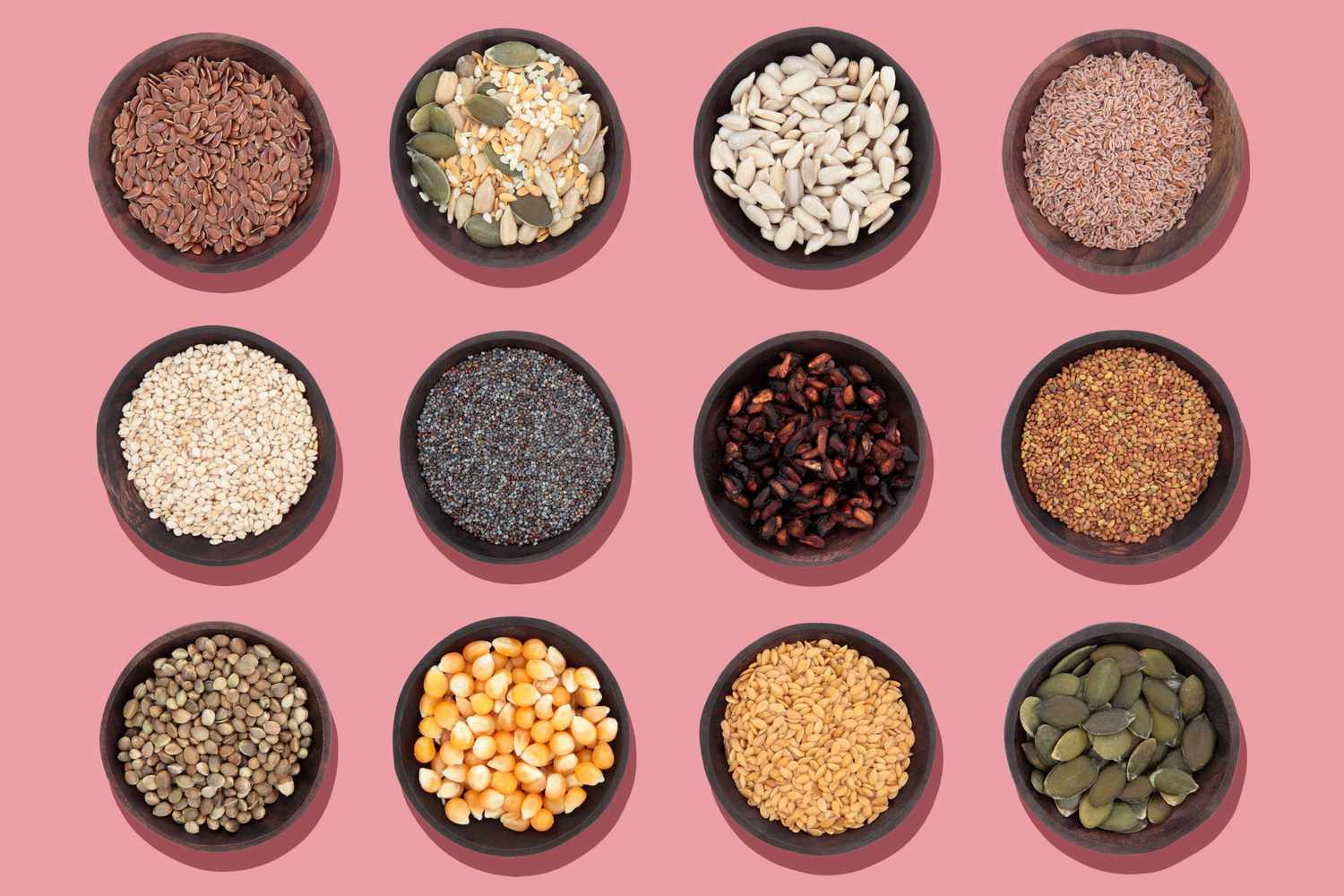
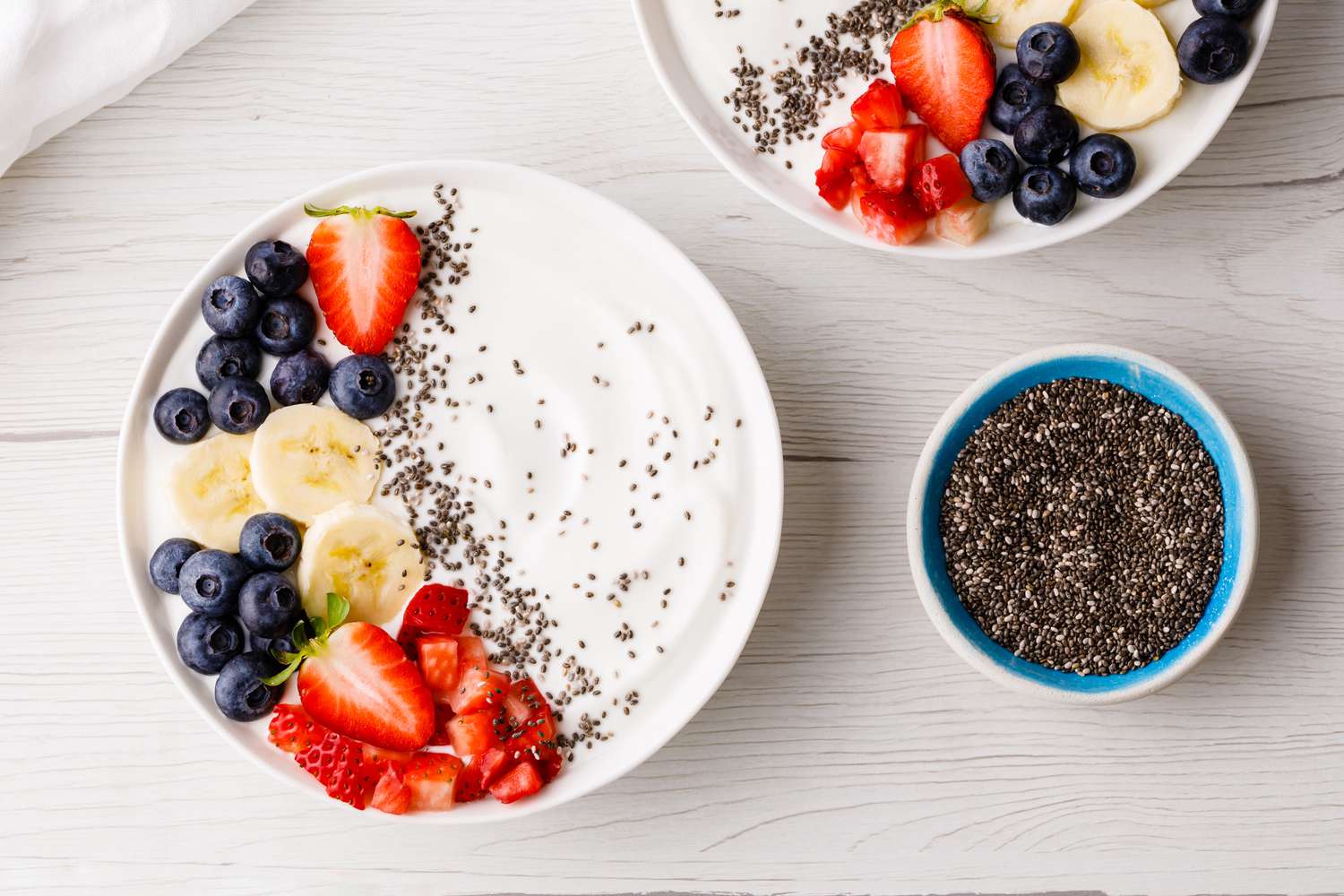
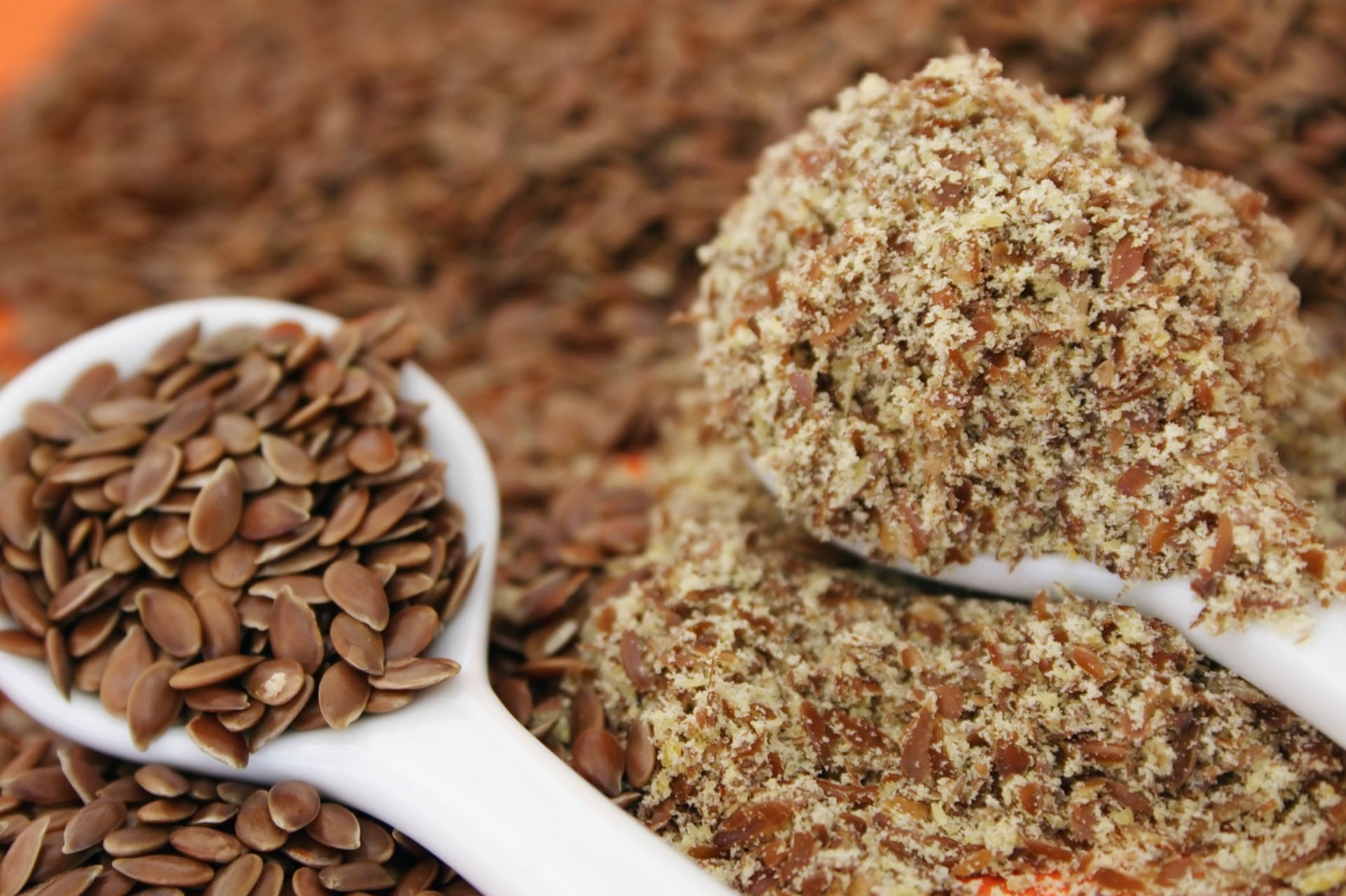
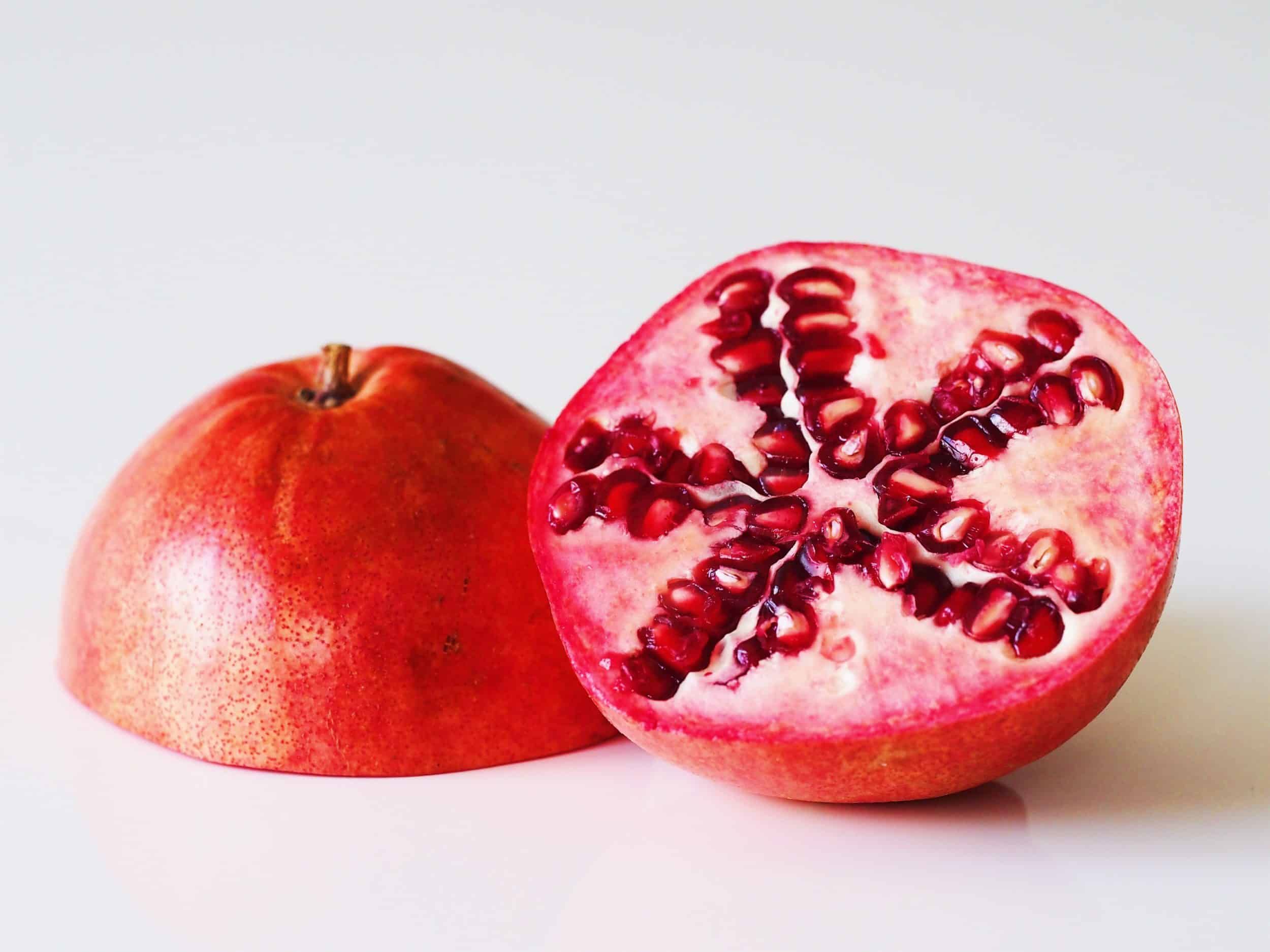
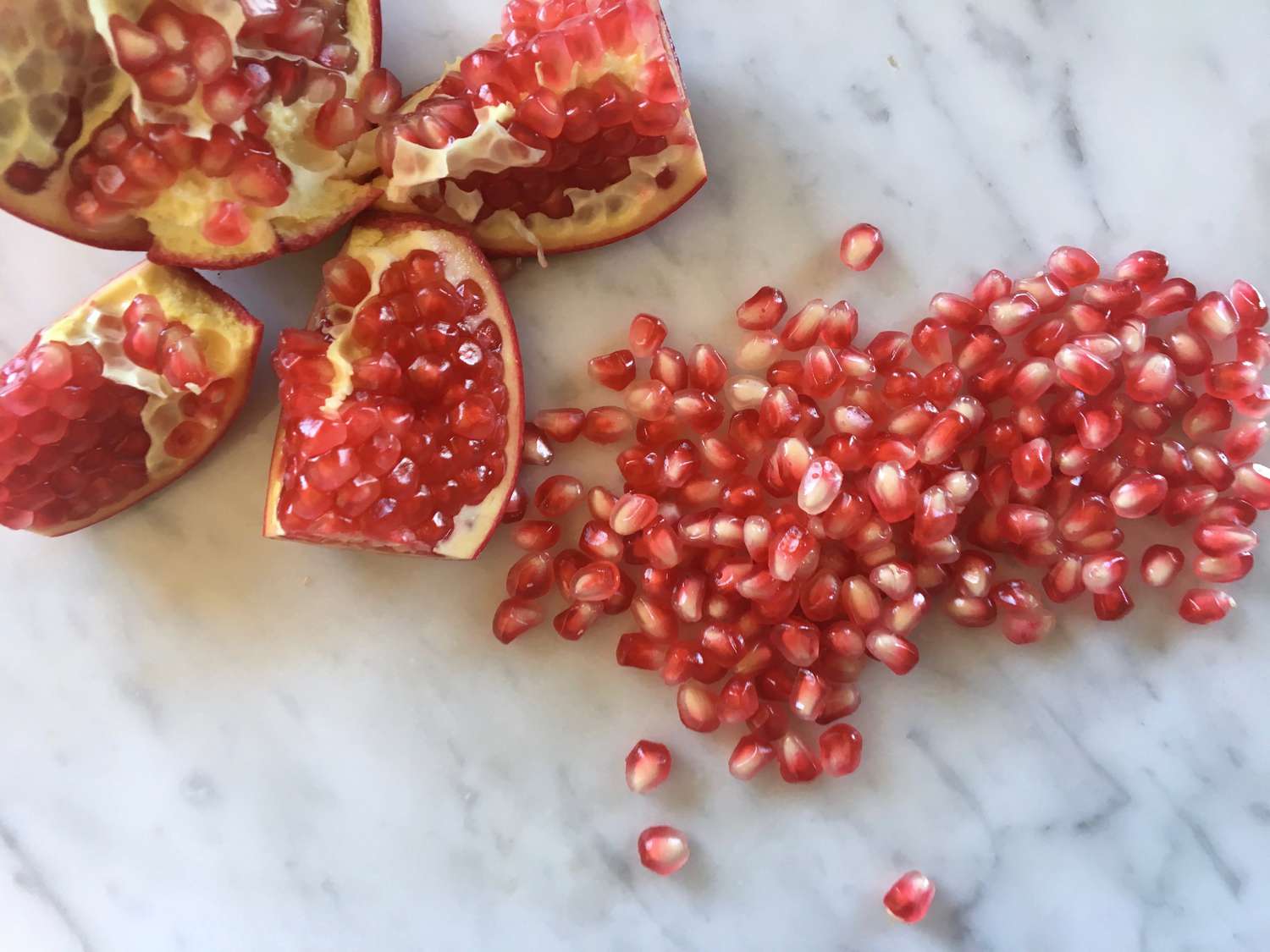

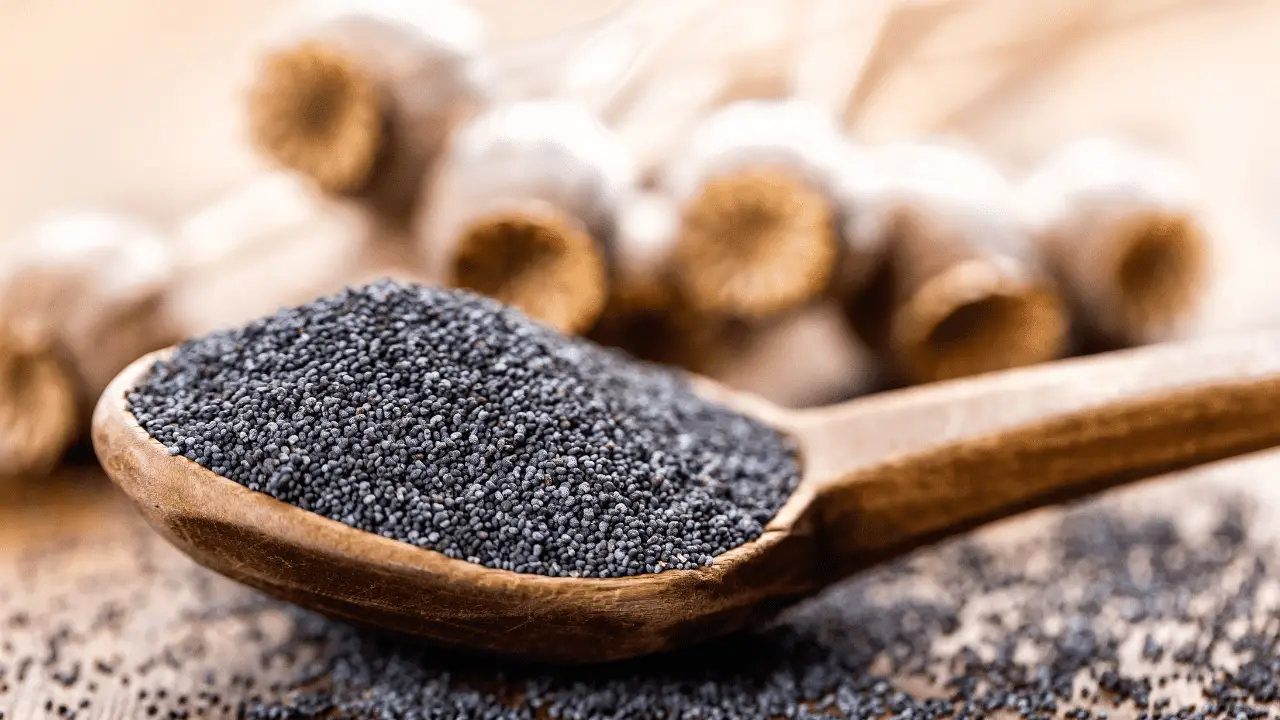
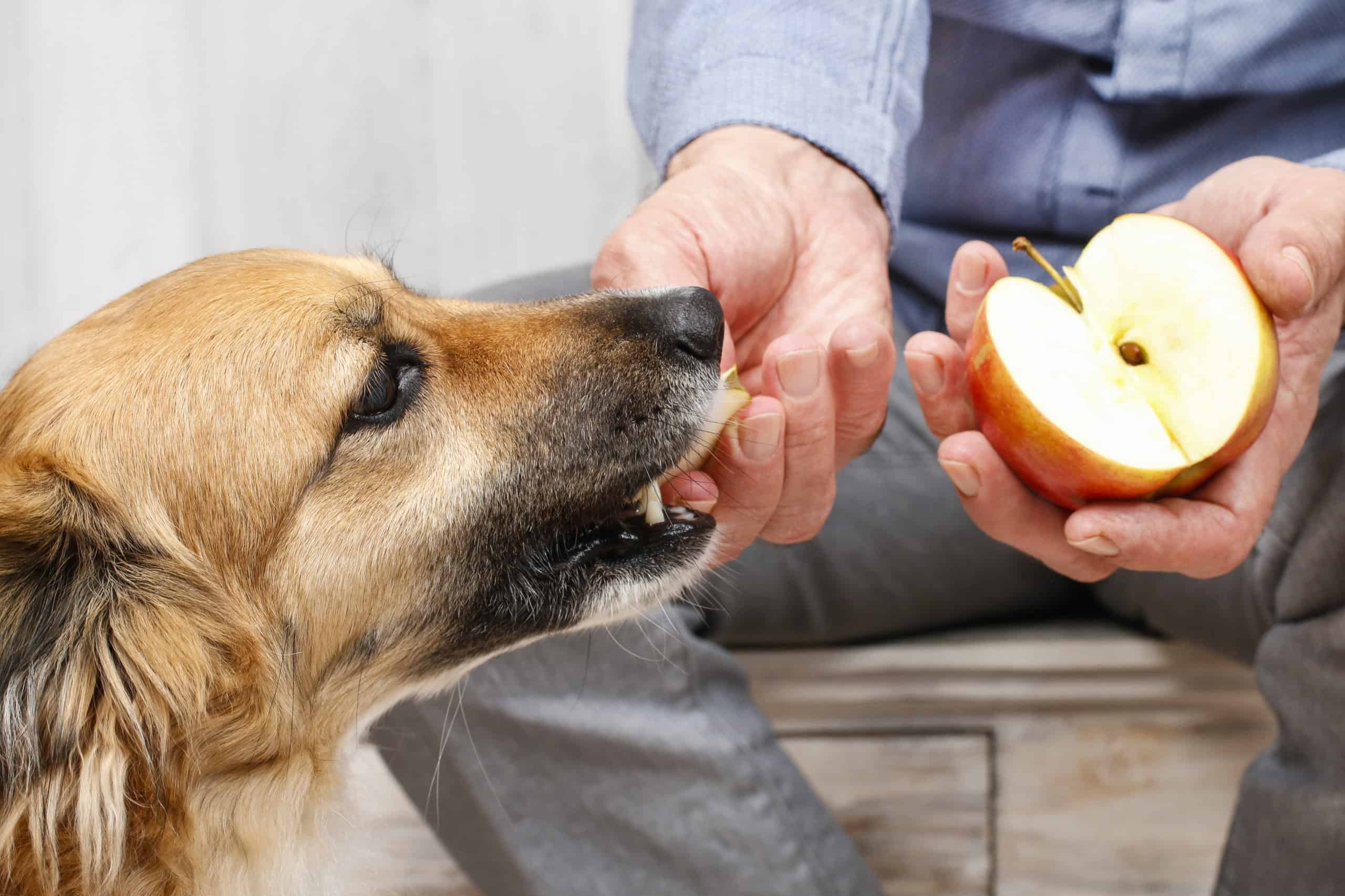
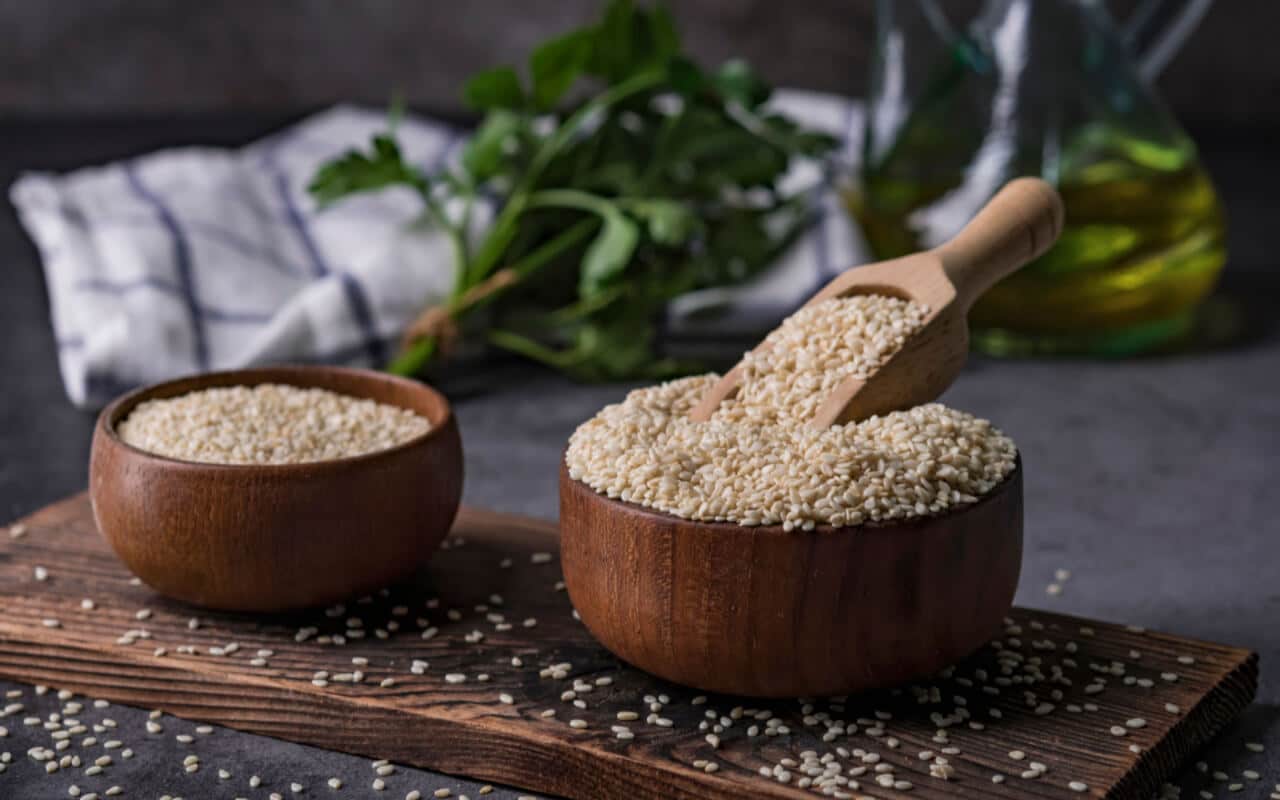
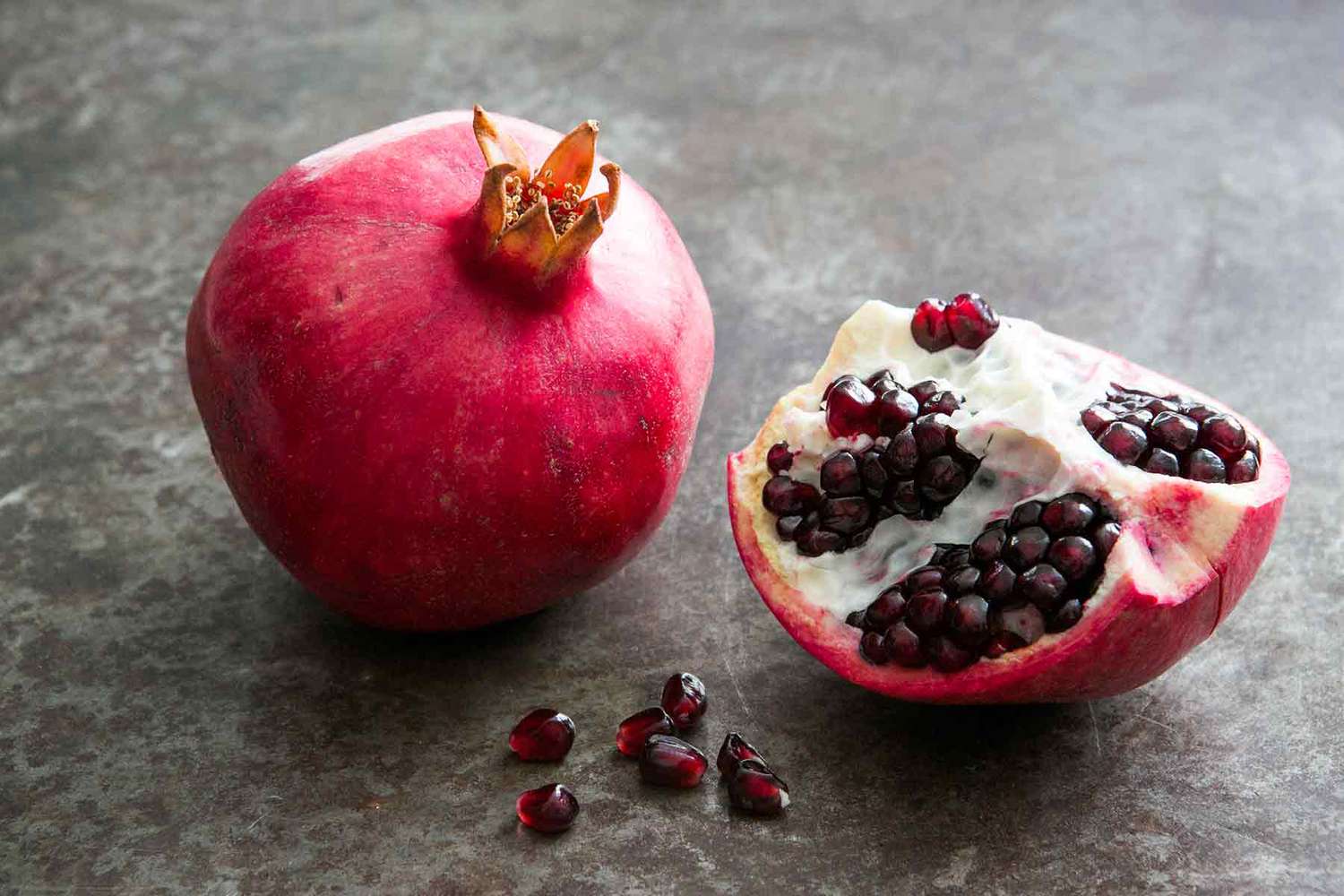
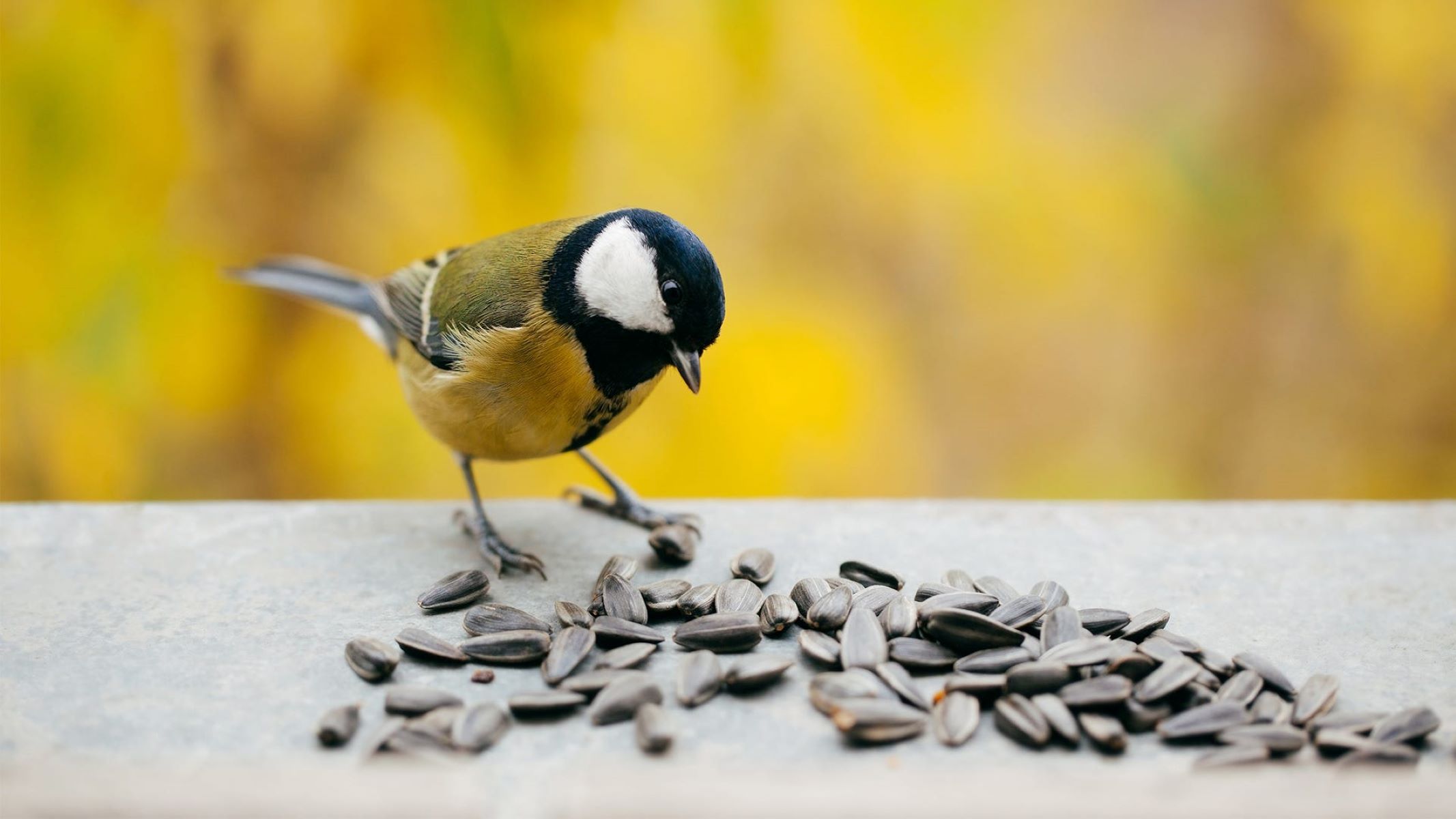
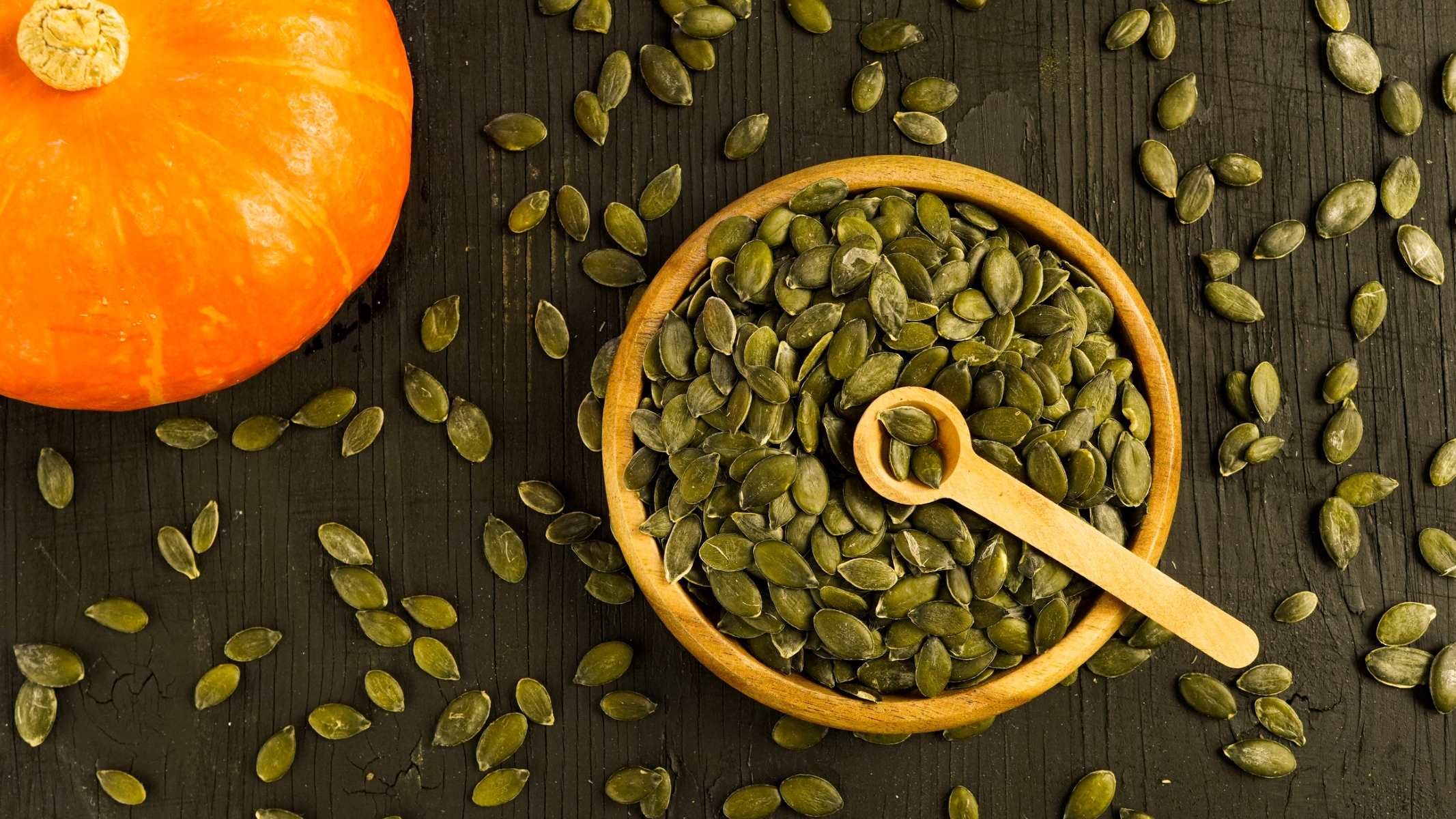
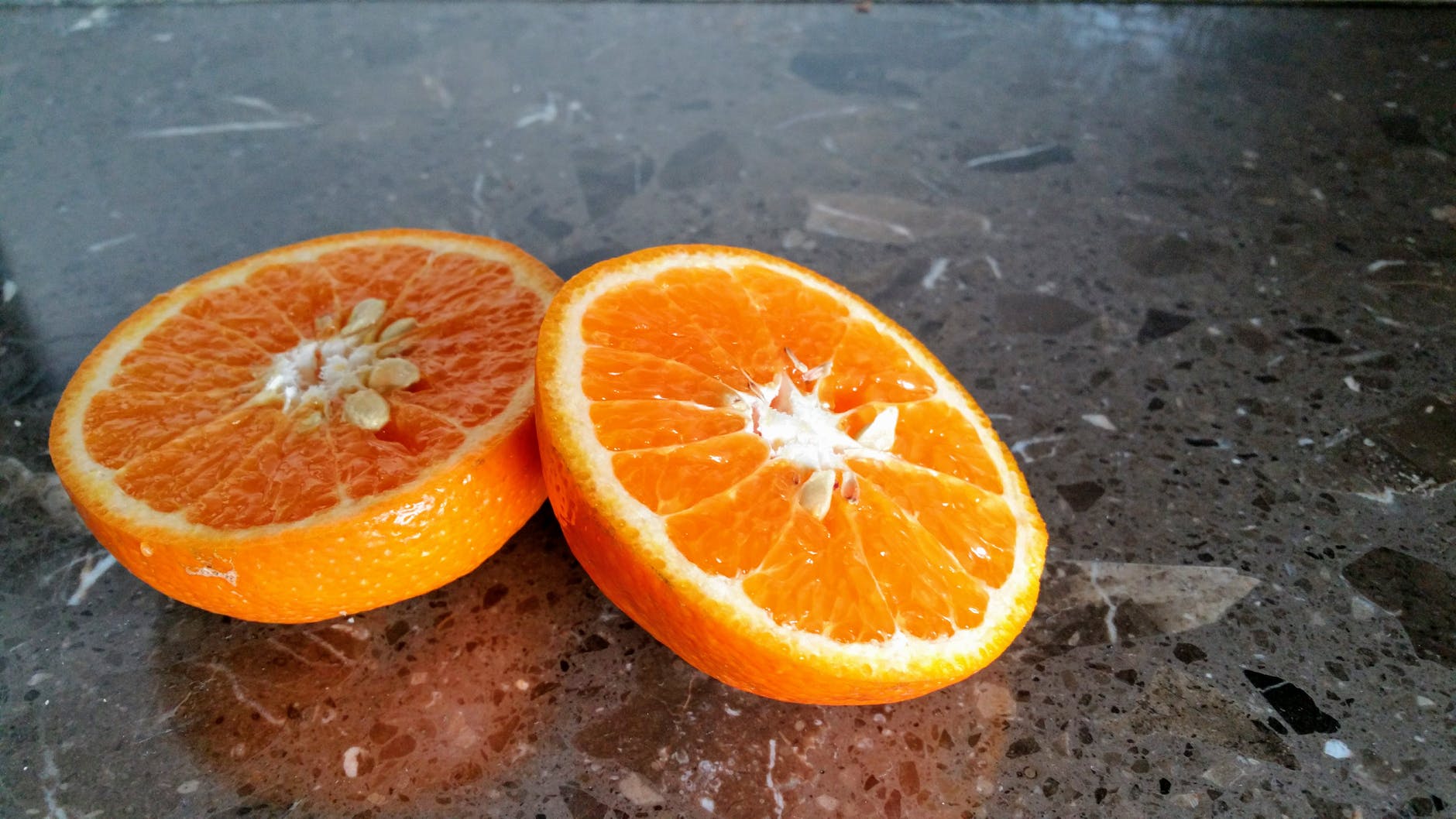
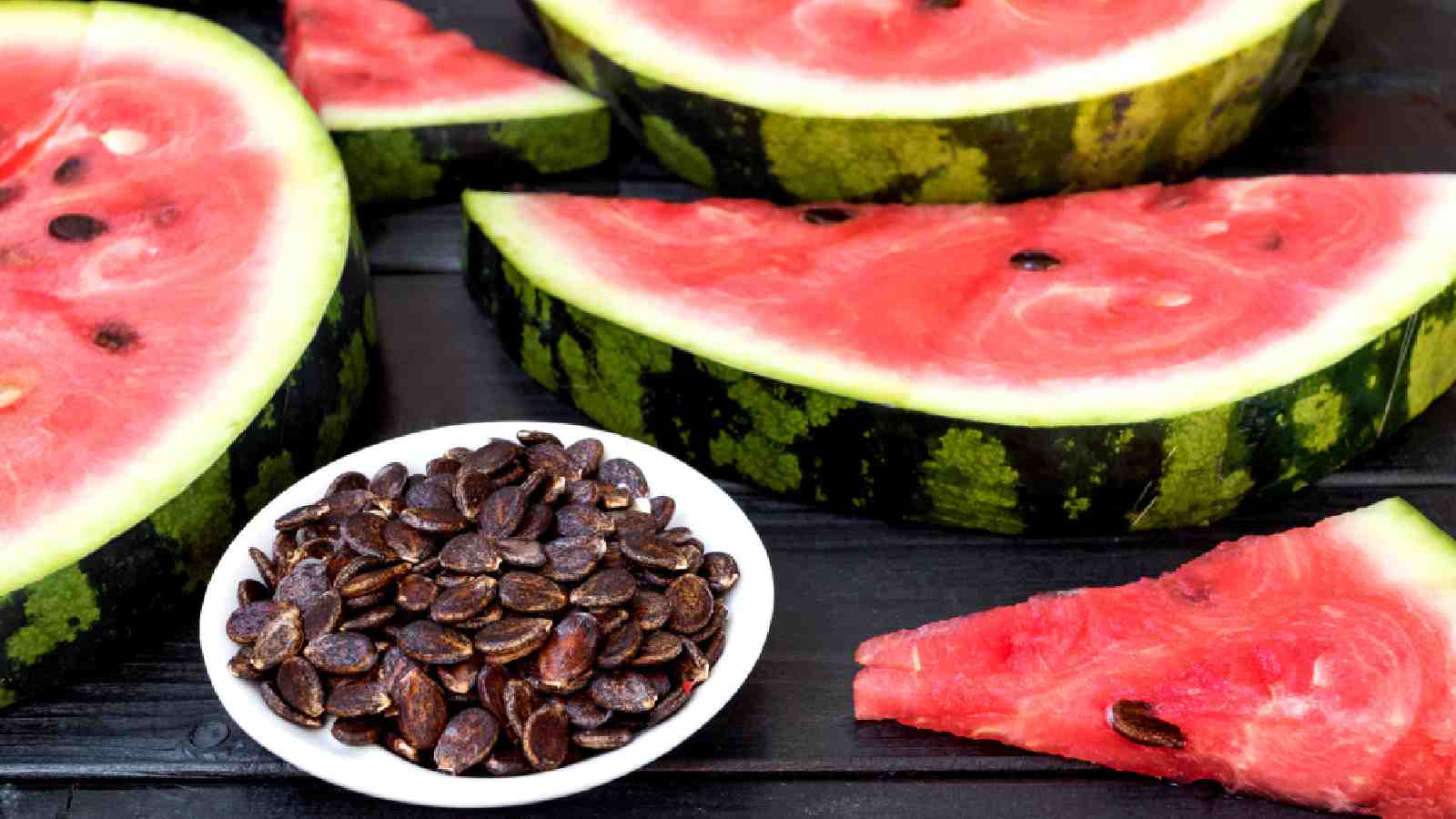

0 thoughts on “What Seeds Can Chickens Eat”